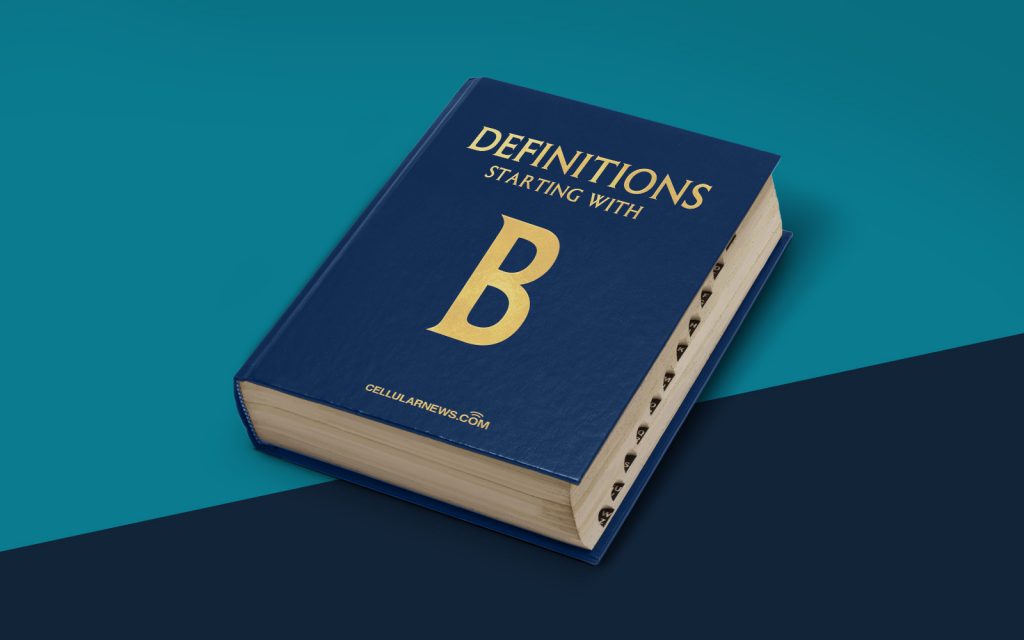
Bait Advertising: A Definition
Welcome to the “Definitions” section of our blog! Today, we dive into the world of bait advertising. Have you ever come across an enticing advertisement only to find out it was too good to be true? That, my friends, is bait advertising. In this post, we’ll provide you with a clear definition, explore its implications, and shed light on the importance of ethical advertising practices.
Key Takeaways:
- Bait advertising is a deceptive marketing tactic where businesses entice customers with irresistible offers and products that they have no intention of selling.
- It preys on consumers’ desires, leading them into a transactional situation that falls short of their expectations.
Now, imagine scrolling through your favorite online store and stumbling upon an advertisement offering the latest gadgets at an unbeatable price. Excitement builds up as you hurriedly click on the ad, ready to make a purchase. But to your disappointment, the promised deal vanishes into thin air. This, my friend, is bait advertising at its finest.
Bait advertising is a clever yet unethical marketing strategy used by some businesses to lure customers, only to leave them empty-handed and often frustrated. The sole purpose of bait advertising is to attract potential buyers, engaging them with irresistible offers that turn out to be nothing more than bait to get them through the virtual door.
Businesses employing bait advertising may offer exceptionally low prices, exclusive limited-time offers, or even promise freebies. However, there’s a catch. Once the customer takes the bait, they find out that the product is either out of stock, the deal was a scam, or the terms and conditions were cunningly hidden, rendering the offer practically useless.
Why is Bait Advertising Unethical?
Bait advertising plays on customers’ emotions and takes advantage of their impulses, causing harm to both individuals and the integrity of the advertising industry as a whole. Here are a few reasons why bait advertising is considered unethical:
- Deceptive Practices: Bait advertising intentionally deceives consumers, creating false hopes and expectations.
- Waste of Time and Energy: It wastes customers’ valuable time and energy, forcing them to endure a frustrating experience.
- Damages Trust: Engaging in bait advertising erodes customers’ trust in businesses and tarnishes the reputation of the entire industry.
- Potential Legal Consequences: In many countries, bait advertising is deemed illegal, and businesses found guilty of practicing it can face penalties and lawsuits.
So, how can businesses avoid falling into the bait advertising trap? The answer lies in ethical marketing practices. By providing authentic and transparent offers, businesses can build trust, maintain customer loyalty, and foster long-term relationships.
At the end of the day, bait advertising may seem tempting as a short-term strategy, but it comes at great risk to a brand’s reputation and customer base. The wise choice lies in building genuine connections and delivering on promises, leaving the bait behind and focusing on establishing lasting trust.
